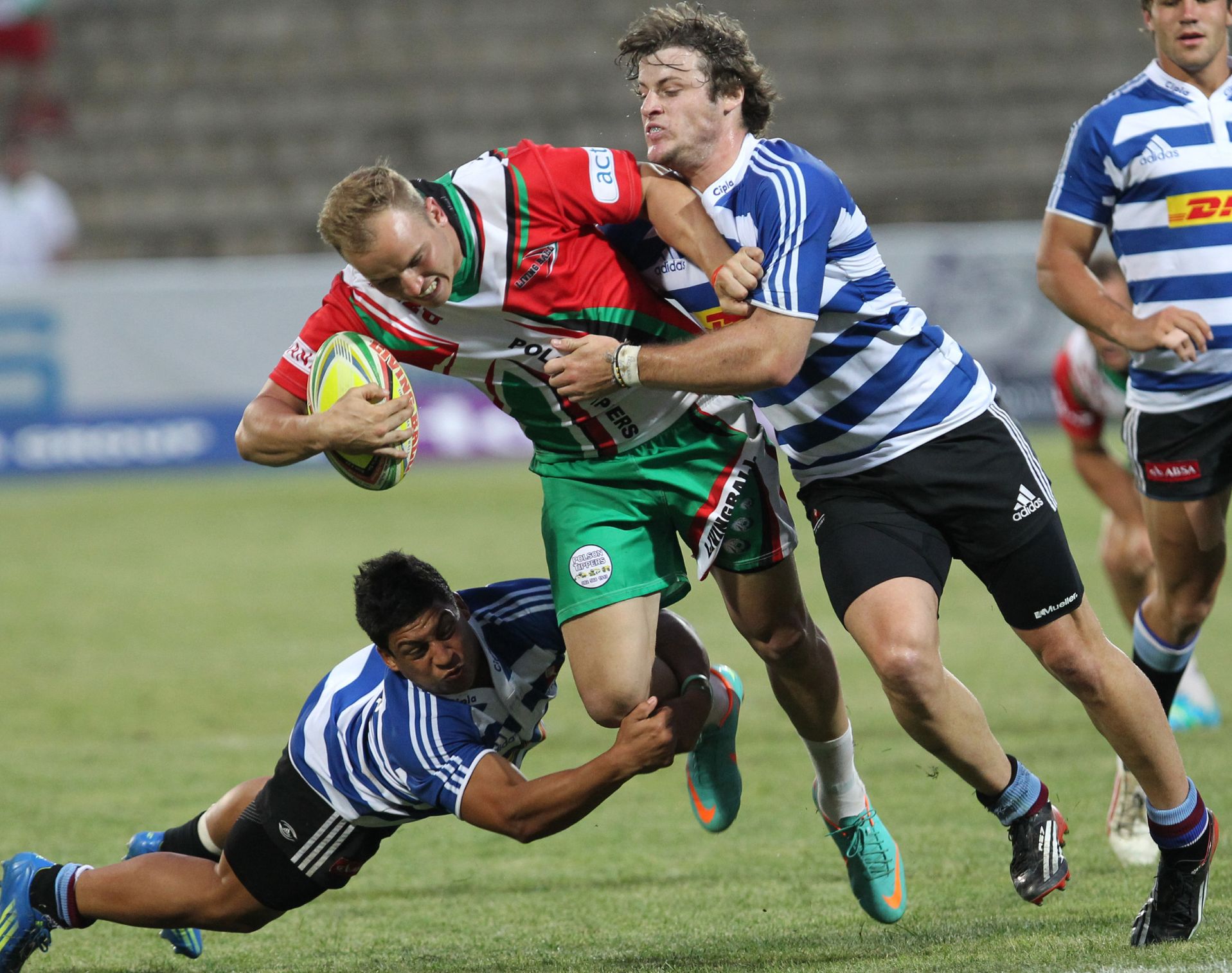
Dr Natasha Beach
Specialist expertise: Sports Injuries, Paediatric Injuries, Sports and Exercise Medicine, Orthopaedics, Sports Medicine, Concussion, Frozen Shoulder.
There are approximately 1 million people in the UK currently living with the long term effects of a brain injury - with concussion being recognised as the most prevalent type, often referred to as a 'mild' injury. Dr. Natasha Beach, Consultant in Sports and Musculoskeletal Medicine, addresses the warning signs of concussion and debunks misconceptions associated with this condition among sports participants.

Concussion is an injury to the brain, that occurs both in sport settings and everyday life.
In recent years, rugby and football have hit the media in terms of having high incidences of concussion, but it’s often overlooked in other activities such as netball, hockey or cycling or simply hitting your head on a door.
The most common symptom is a headache, in an area away from the point of contact with your head, but other symptoms include:
NOT TRUE, the vast number of concussions have no loss of consciousness.
NOT TRUE, any movement which causes a sudden movement to the head e.g., a stumble or fall can give you concussion.
NOT TRUE, there can be serious consequences along with increased risks of other injuries occurring as a result of impaired judgement, coordination etc.
NOT TRUE, most scans done for head injuries do not show any abnormality.
NOT TRUE, more often than not it’s the more minor movements that cause it.
Contact sports have higher rates of concussion compared to non-contact sports or activities.
Children also have higher rates of concussion than their adult counterparts doing the same activities due to reduce coordination, less experience in the sport and the developing nature of their brains.
Women have less reported episodes of concussion than men, but this may be due to less participation in contact activities and a tendency to report symptoms less.
Those who have recently hit their head (or body) in any activity are more likely to have concussion from a second knock and be worse off symptom wise than those who only hit their head once.
This varies wildly, from feeling unwell for 1 day, to many months of symptoms. The vast majority feel unwell around 1-2 weeks, with symptoms being worse in the first few days.
Those who try to do too much early on are more likely to feel worse for longer.
Returning to sport is determined by your symptoms and your age. Currently non elite sportspeople who are adults can return in 14 days, and children at 21 but this is being reviewed now. The process should be overseen by a medical professional and return to full sport should not occur until signed back in by a doctor.
It’s important to get yourself checked out but someone with experience in diagnosing concussion, particularly a Sports Medicine doctor, or Neurologist with an interest in concussion.
Take it easy and try not to over stimulate the brain. Everyone is different but many people find watching TV, reading or using a tablet/phone can make them feel worse.
Sleep when you want to sleep. Eat when you want to eat but keep hydrated with plenty of water.
Taking some days off work/school can also be hugely beneficial in the early stages.
Some elite sports use a SCAT test to help determine if a person has concussion. The version of this document is due to change in the current weeks, with SCAT5 being the current one.
The SCAT does not determine if you have concussion, but using symptom questions, memory and balance tests and comparing this to their baseline testing (done before their concussion) they are a useful tool and help monitor progress of recovery.
It is encouraged that anyone taking part in sport should do a baseline test annually and keep a copy on their phone so that a comparison can be done if it is thought that you have concussion.
Here at OneWelbeck, we have a team of orthopaedic specialists, state of the art facilities and diagnostics, and highly competitive financial packages for self-funding patients as well as those with private health care.
What is concussion?
What does concussion feel like?
Major Myths of Concussion
Are some people more prone to concussion than others?
How long will I feel unwell for?
What should I do if I think I have concussion?
Do I need to go to A&E for concussion?
What should I do while waiting for my concussion review with a doctor?
What is a SCAT?
Get in touch
Dr Natasha Beach is a Consultant in Sports and Musculoskeletal Medicine at OneWelbeck Orthopaedics who also specialises in Paediatric injuries.